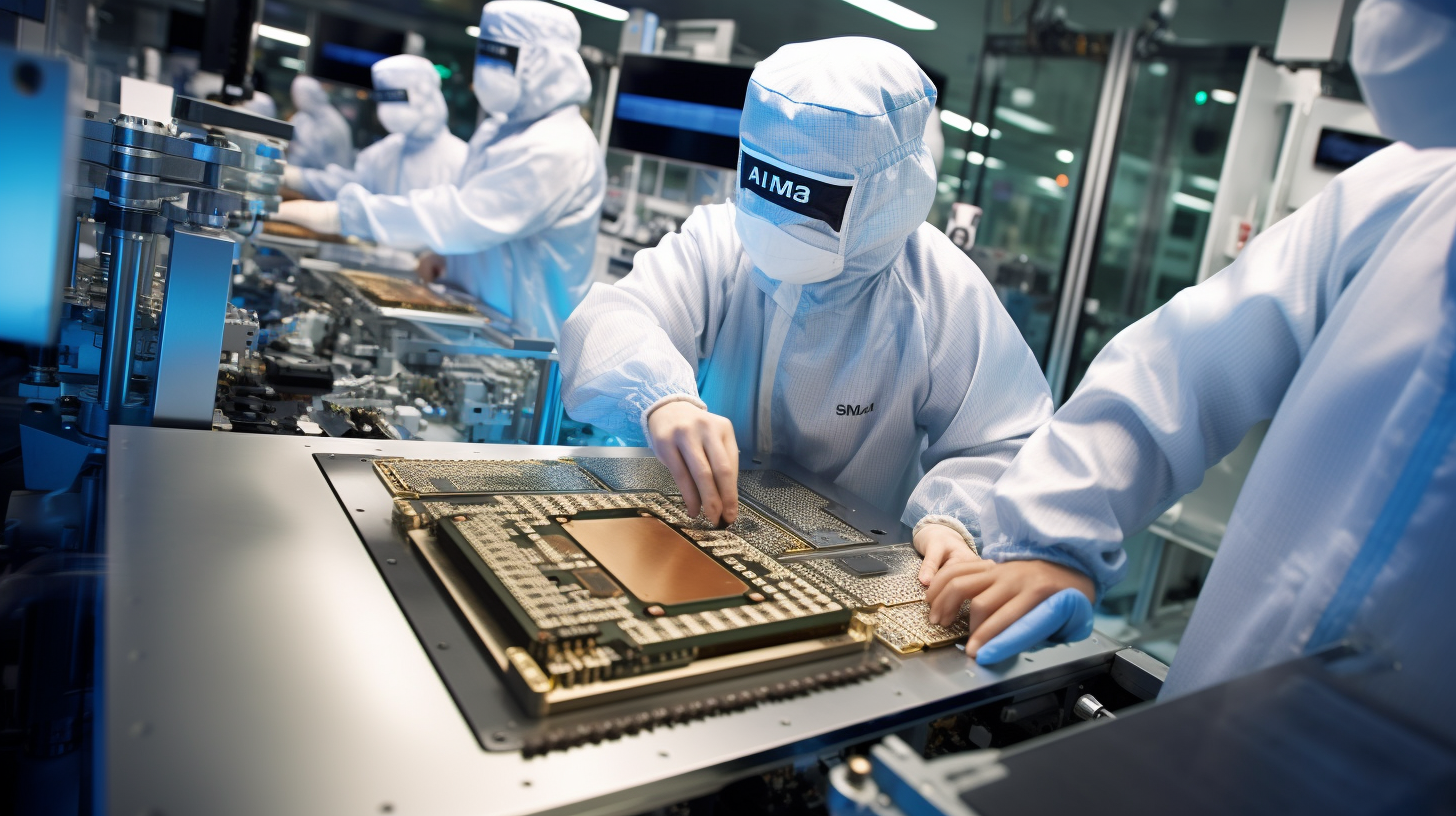In the world of technology, the production of advanced chips is a critical aspect of maintaining a competitive edge. The Dutch firm ASML, a leading manufacturer of chipmaking equipment, found itself in the crosshairs of international politics when the US administration reportedly intervened in its business dealings with China.
The Intervention
Weeks before the January 1, 2024, export ban deadline, the Biden administration reportedly reached out to ASML, requesting the firm to halt some pre-scheduled shipments of its deep ultraviolet lithography (DUV) machines to its Chinese customers. This move came in the wake of revelations that SMIC, a Chinese semiconductor company, used ASML technology to manufacture Huawei’s latest flagship processor, the 7nm HiSilicon Kirin 9000S.
The Impact
The intervention reportedly affected “shipments of a limited number of machines”. While ASML also manufactures extreme ultraviolet lithography (EUV) machines for making more advanced chips, it was never allowed to sell EUV equipment to China. However, the Dutch government had granted licenses to the firm for shipping DUV machines to China until the end of 2023.
The Implications
The US intervention underscores the ongoing geopolitical tensions surrounding technology and trade. It also highlights the strategic importance of advanced chipmaking technology in the global tech industry. Despite the intervention, China has been making strides in developing its own silicon ecosystem, even surprising the world with its homegrown 7nm mobile 5G chip.
FAQ
What is ASML?
ASML is a Dutch company that manufactures advanced chipmaking equipment, including deep ultraviolet lithography (DUV) and extreme ultraviolet lithography (EUV) machines.
What is DUV?
Deep Ultraviolet Lithography (DUV) is a method used in the semiconductor industry to pattern microcircuits on silicon wafers. It uses light in the deep ultraviolet spectrum, typically with a wavelength of 248 or 193 nanometers.
What is EUV?
Extreme Ultraviolet Lithography (EUV) is a next-generation lithography technology that uses light with a wavelength of just 13.5 nanometers, much shorter than DUV. This allows for the creation of much smaller and more complex microcircuits, enabling the production of more advanced chips.
What is the significance of the US intervention?
The US intervention in ASML’s shipments to China underscores the geopolitical tensions surrounding technology and trade. It also highlights the strategic importance of advanced chipmaking technology in the global tech industry.
How has China responded to the intervention?
Despite the intervention, China has been making strides in developing its own silicon ecosystem, even surprising the world with its homegrown 7nm mobile 5G chip.



